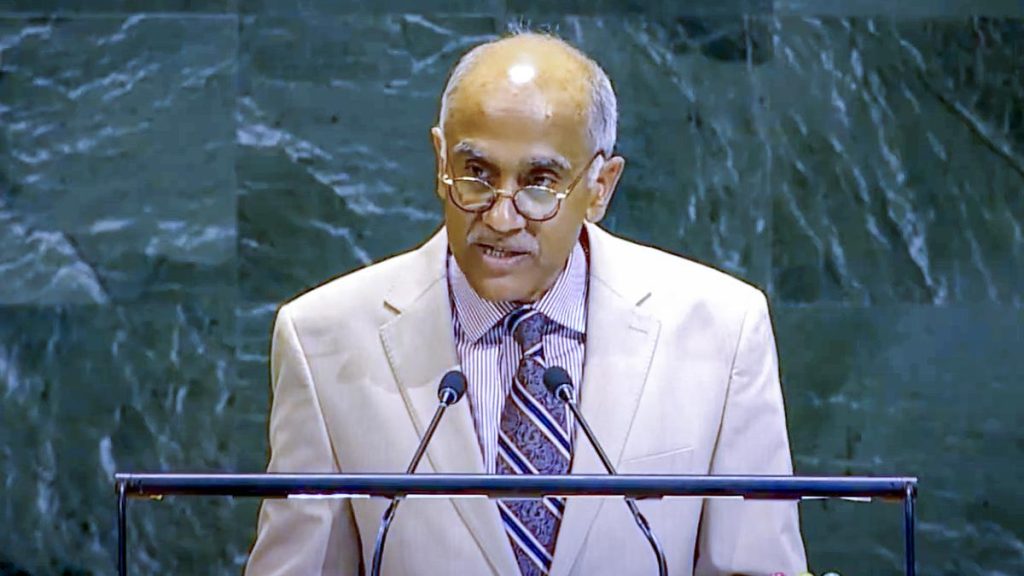Now Reading: TN Finance Minister Urges Centre to Safeguard States’ GST Revenue Amid Tax Reforms
-
01
TN Finance Minister Urges Centre to Safeguard States’ GST Revenue Amid Tax Reforms
TN Finance Minister Urges Centre to Safeguard States’ GST Revenue Amid Tax Reforms
Rapid Summary
- Tamil Nadu Finance Minister Thangam Thennarasu highlighted the financial burden on Tamil Nadu due too reduced Union government allocations for Centrally sponsored schemes.
- He reiterated demands for protecting State revenue receipts amidst GST rationalization, fearing revenue losses might impact planned State programs.
- Recent GST-related consultation with eight States addressed concerns about benefits reaching consumers and safeguarding State finances.
- Mr. Thennarasu emphasized challenges faced by sectors like textiles, leather, and gems due to U.S. tariffs on Indian imports and sought a special package from the Union government.
- The allocation ratio in schemes such as Sarva Shiksha Abhiyan was reduced from 75:25 to 60:40 over time, increasing the financial strain on States.
- Persistent concerns were raised about unequal devolution of funds by successive Finance Commissions penalizing Tamil Nadu based on population criteria.
- The DMK government claimed achievements including GSDP growth (11.19%), reduction of revenue deficit (3.49% to 1.17%), and fiscal deficit advancement (4.9% to 3%).
- Progress was reported on fulfilling election promises with 404 out of 505 projects implemented or actively considered; some projects remain pending approval from the Union government.
Indian Opinion analysis
The statements by Tamil Nadu’s Finance Minister highlight ongoing issues between States and the Union government regarding fiscal management and equitable resource distribution under federal principles in India. As GST rationalization reshapes India’s taxation landscape, maintaining balance between national objectives and regional needs remains critical. Reductions in fund-sharing ratios under Centrally sponsored schemes impose increased fiscal pressure at the State level, potentially affecting welfare initiatives.
Tamil Nadu’s call for sector-specific relief following U.S.-imposed tariffs reflects broader trade-related vulnerabilities faced by export-driven industries across India that demand coordinated assistance from central authorities.
Economic progress showcased by improved indicators like GSDP growth offers optimism but underscores how localized governance can be hindered when federal policies fail to align with individual State circumstances effectively. This raises significant questions about cooperative federalism’s role in building resilient intergovernmental systems that prioritize equity without compromising developmental momentum across all regions.
Read more: Link
























